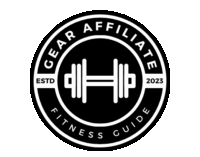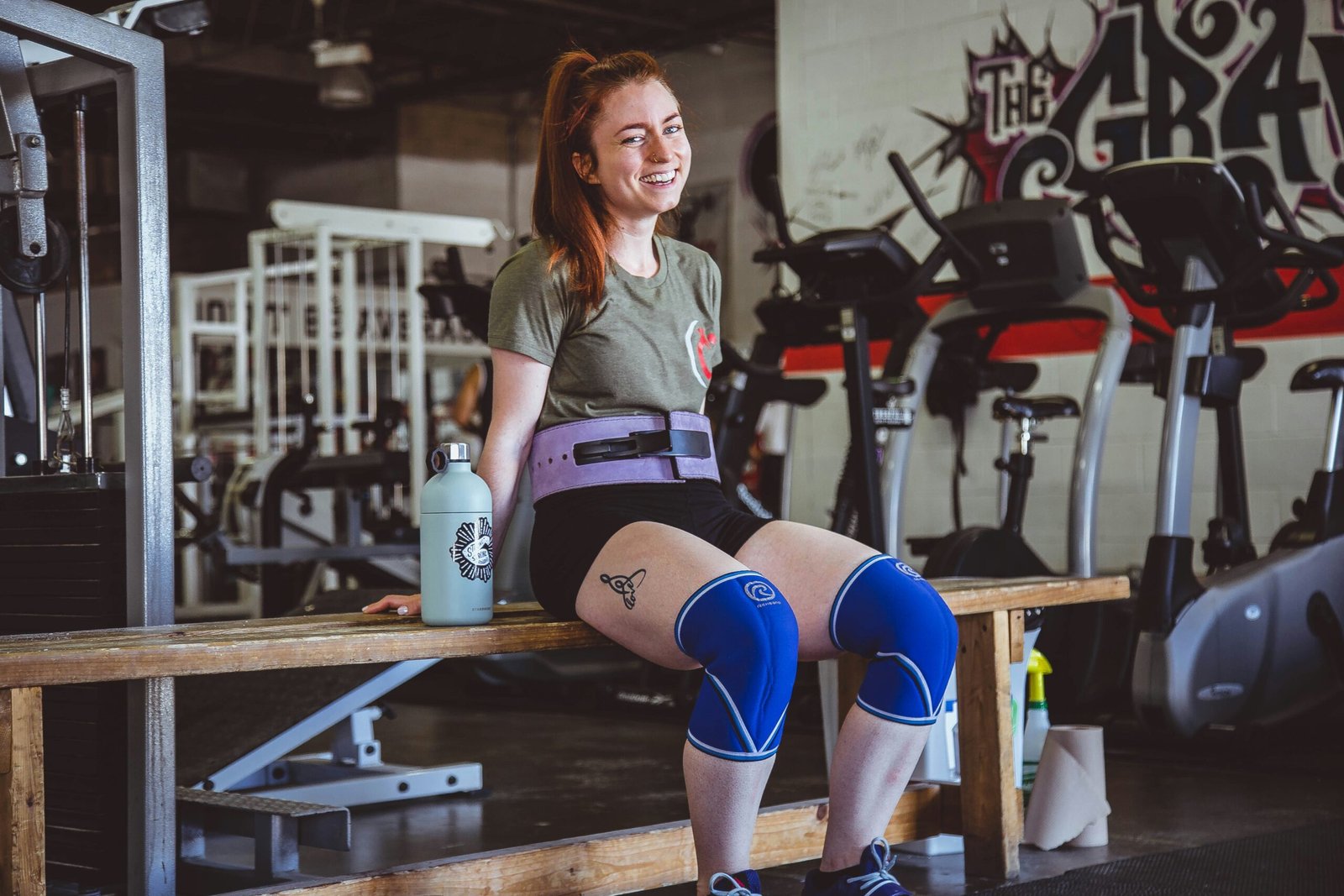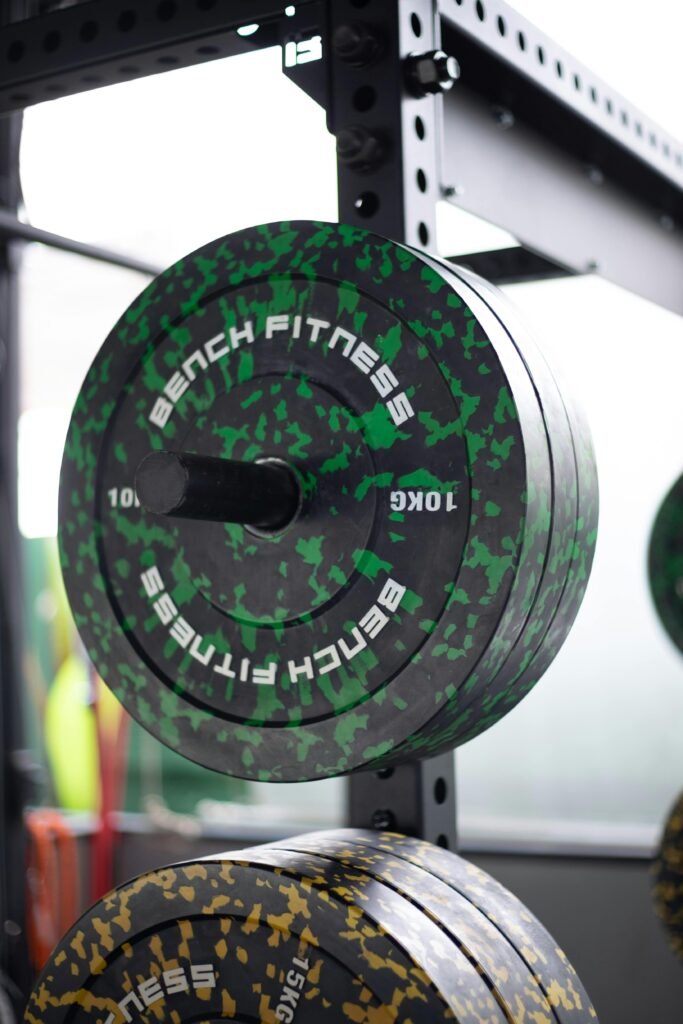Hey there! Just a heads up—this post contains affiliate links. If you click through and make a purchase, we may earn a small commission at no extra cost to you. Thanks for supporting the site and helping us keep the content coming!

Should High School Wrestlers Take Creatine?
The Truth About Safety and Effectiveness
- Should High School Wrestlers Take Creatine?
- Introduction: Why Creatine is a Hot Topic for Young Wrestlers
- What Is Creatine and What Does It Do?
- What Does the Science Say About Creatine and Teen Athletes?
- How Creatine Affects Weight and Weight Class
- Pros and Cons of Creatine for High School Wrestlers
- How to Take Creatine Safely as a Teen Athlete
- Do High School Wrestlers Need Creatine?
- Final Takeaways: Should You Take Creatine in High School?
- Ask Yourself Before Taking Creatine:
Introduction: Why Creatine is a Hot Topic for Young Wrestlers
If you’ve been around a wrestling room or gym lately, you’ve probably heard someone mention creatine — whether it’s a coach, a teammate, or that one guy who swears it’s the secret to size and strength. Creatine is one of the most popular supplements in the world, especially among athletes looking to build power, strength, and lean muscle.
But for high school wrestlers, it raises some serious questions:
- Is creatine safe for teenagers?
- Will it affect weight class and hydration?
- Is it even necessary at this level?
This guide takes a balanced, research-backed look at whether high school wrestlers should take creatine — covering how it works, what the science says, the risks, and what to consider before deciding.
What Is Creatine and What Does It Do?
Creatine is a naturally occurring compound found in muscle cells. Your body makes it from amino acids, and it also comes from food (mostly red meat and fish). Most of your creatine is stored in your muscles where it helps rapidly produce ATP, the energy source your body uses for explosive movements like takedowns, sprawls, and lifts.
Supplemental creatine (usually in the form of creatine monohydrate) increases your muscle’s stored levels of creatine, helping you:
- Recover faster between high-intensity efforts
- Increase power output
- Add lean body mass (via increased water and later muscle gain)
- Reduce fatigue during training
These are huge advantages in a sport like wrestling that demands strength, endurance, and rapid recovery.
What Does the Science Say About Creatine and Teen Athletes?
Here’s where it gets important: Creatine has been well-researched in adults, but less so in adolescents. However, what research does exist for teens is mostly positive, especially in structured training environments.
✅ Creatine is likely safe for healthy teens under supervision
A 2021 review published in Frontiers in Nutrition noted that creatine appears safe for adolescents when used responsibly — especially those involved in high-intensity sports like football, wrestling, and track.
✅ Creatine can improve performance and recovery
Studies have shown improved sprint performance, increased lean body mass, and better recovery in adolescent athletes using creatine as part of a well-designed training program.
🚫 BUT: It’s not magic and not for everyone
Creatine doesn’t work if your training, nutrition, and recovery aren’t already dialed in. And it’s not recommended for:
- Athletes with kidney or liver issues
- Teens with poor hydration habits
- Those looking for a shortcut without proper training
How Creatine Affects Weight and Weight Class
This is where things get tricky for wrestlers. Creatine can cause a temporary increase in water retention — usually 1–3 pounds — especially during the first week or two of use.
That’s not fat gain or real mass, but it can affect your weigh-ins if you’re close to the top of your weight class.
Things to consider:
- Wrestlers trying to cut weight might want to hold off or time creatine cycles during off-season strength phases.
- Wrestlers trying to move up in weight (like heavyweights) may benefit from using creatine to support lean mass gains.
💡 Tip: Don’t use creatine the week before a competition unless you’ve tested it before and know how your body responds.
Pros and Cons of Creatine for High School Wrestlers
✅ Benefits
- Boosts strength and power output
- Helps add lean mass (especially in off-season)
- Aids recovery during intense training cycles
- Safe when properly dosed and used with supervision
❌ Risks or Downsides
- Possible water weight gain (not ideal during season)
- Requires good hydration — dehydration risk if misused
- Still not well-regulated or recommended for all teens
- May cause mild GI distress in some people (rare)
How to Take Creatine Safely as a Teen Athlete
If a wrestler (and their parents and coach) choose to use creatine, here’s how to do it safely and smartly:
| Step | Details |
|---|---|
| Form | Stick with creatine monohydrate — most researched and affordable |
| Dose | 3–5 grams per day (no need to load for most teens) |
| Timing | Daily, with food or post-workout (consistency matters more than timing) |
| Hydration | Drink plenty of water (half your bodyweight in ounces is a good rule) |
| Duration | Consider short cycles (8–12 weeks), followed by breaks or off-season use |
| Parental Involvement | Parents and coaches should be aware and involved in the decision |
Avoid sketchy “pre-workouts” with hidden ingredients. Stick with simple creatine powder from a trusted brand.
Do High School Wrestlers Need Creatine?
Not necessarily. Most high school athletes can make incredible gains just by focusing on the basics:
- Eating enough protein and calories
- Sleeping 8+ hours a night
- Strength training consistently
- Managing stress and school demands
Creatine is not a substitute for effort, nutrition, or discipline.
However, for highly motivated athletes with at least 1–2 years of serious lifting, creatine can be a safe and helpful tool — especially in the off-season or during strength-focused phases of training.
Final Takeaways: Should You Take Creatine in High School?
Here’s the bottom line:
✅ Creatine can be safe and effective for high school wrestlers — if used responsibly
❌ It’s not necessary for most beginners or wrestlers still mastering basic training
⚠️ Always get input from a coach, parent, or healthcare provider before starting
Ask Yourself Before Taking Creatine:
- Have I been lifting consistently for 6+ months?
- Is my nutrition already dialed in?
- Am I staying hydrated and sleeping well?
- Will this affect my weigh-ins or competition?
- Are my parents and coaches on board?
If the answer to most of these is yes — and you’re in a structured, committed training program — then creatine might be worth exploring.
If you found this post to be helpful, then you may be interested in the rest of our blog page here.
At Gear Affiliate, we always want to give our readers more resources to research. Below are a few sources that we have found to be helpful relating to this topic.


